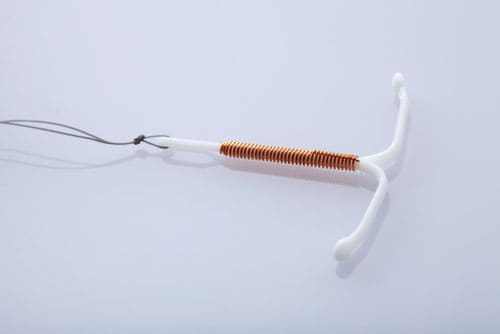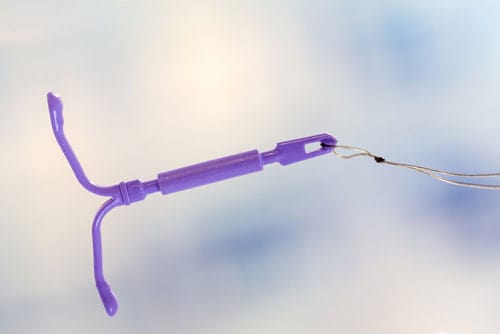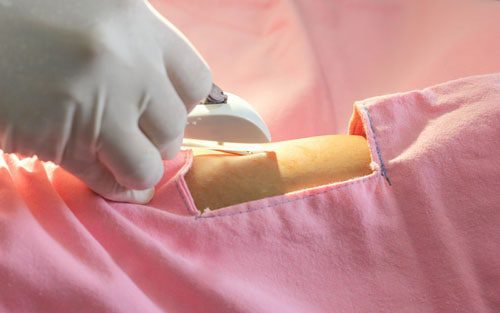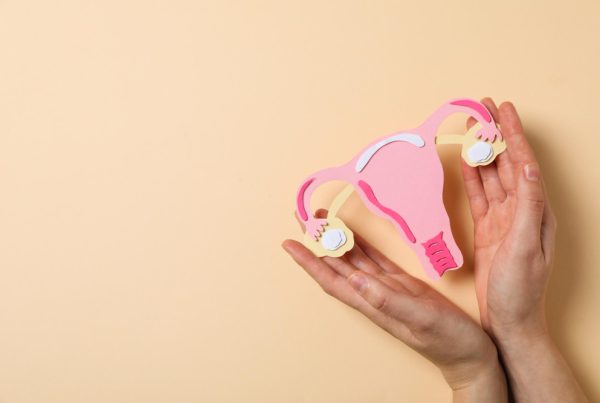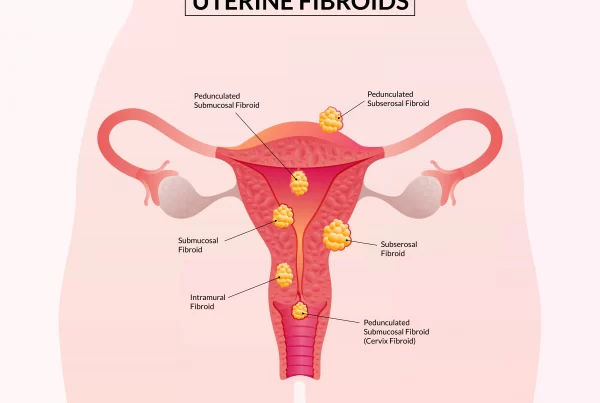
For ladies who are not ready for a child yet, common contraception options that come to mind are usually condoms or birth control pills. However, due to medical advances, ladies actually have a wider range of contraception options. Dr Kanika from Astra Women’s Specialist Centre in Toa Payoh, Singapore answer some frequently asked questions on the various contraceptive devices, especially Intrauterine Contraceptive Devices, which are gradually gaining popularity.
What Are IUCDs and What Types of IUCDs Are There?
Intrauterine Contraceptive Devices (IUCDs), which are also referred to as Intrauterine Devices, are a form of birth control device that is inserted into a woman’s uterus. There are 2 main types of IUCDs — copper (non-hormonal) and hormonal.
Copper IUCD
The copper IUCD, an example being Nova-T, is a small device that is only about 2 cm in size. It prevents pregnancy by preventing the implantation of the embryo in the uterus lining. The life span is about 5 years, after which, a new IUCD can be inserted by your gynaecologist.
Hormonal IUCD
The hormonal IUCD, an example being Mirena, is also a small device that is only about 2cm. However, unlike a copper IUCD, it is coated with a hormone. Apart from its contraceptive function, Mirena can also help ladies with a very heavy menstrual flow to reduce their menstrual blood flow (this usually takes 3-4 months to happen). The lifespan of Mirena is about 3-5 years.
What are the Benefits of IUCDs?
- They are long-acting, with life spans of 3-5 years. Hence, once inserted, you do not need to be troubled with contraceptive methods until the lifespan of the device ends.
- This contraceptive action is reversible – at any point in time where you would like to start trying for a child, the IUCD can be removed and the contraceptive effect will also be removed.
- The insertion process is simple and relatively painless. IUCDs are typically inserted at the gynaecologist’s clinic via a short procedure that does not require anaesthesia.
- After insertion of the IUCD, you will only need to visit your gynaecologist at least once a year for a quick checkup to ensure that the IUCD is in the correct position.
It is important to note that the above IUCDs are generally more suitable for ladies who have already had children.
What Other Options Are There Apart from IUCDs?
Implanon
Implanon is another popular birth control device that is inserted under the skin at the arm area via an injection. It is generally recommended for ladies who have not had children yet. Implanon contains progesterone, which is released progressively over time. The lifespan of Implanon is 3 years. Unlike IUCDs, ladies who choose Implanon will not need regular check-ups to check on the placement. You will only need to consult your gynaecologist at the end of 3 years to get it removed or replaced. A key thing to note is that with Implanon, your menstruation or period will stop during the time when Implanon is in your body.
Birth Control Pills (BCPs)

Oral contraceptive pills have been around for a long time and there are a variety of brands to choose from. Your gynaecologist will usually let you try out one brand for a month, and if there are no side effects, that will be an appropriate brand for you. If you have some side effects, like a headache or nausea, your gynaecologist can then switch brands for you.
While the chances of failure are minimal for birth control pills, you will need to take it as instructed to achieve the contraceptive effect. BCPs can also help to regulate your menstrual cycle.
How effective are IUCDs and BCPs at preventing unexpected pregnancies?
IUCDs and BCPs are generally very effective at preventing unexpected pregnancies. Mirena is considered the most effective, with a possible failure rate of 0.5%, which is even lower than undergoing a ligation procedure for contraceptive purposes. As for Nova-T, about 1% of women may still get pregnant, so if you miss your period, you need to see your gynae as soon as possible. With regards to BCPs, about 1 in 100 women may still get pregnant, but always remember the importance of taking your pills as instructed. In the event that you forget to do so, visit your gynaecologist immediately.
For ladies considering your contraceptive options…
It is necessary for you to talk about the various contraceptive devices available with your gynae as they will be able to best advise you on the most suitable option. This will depend on whether you have had children previously, when you plan on having your next child, and what would best suit your lifestyle.
Book an appointment with our specialists at SMG Women’s Health, Singapore to find out more about your contraception options.
